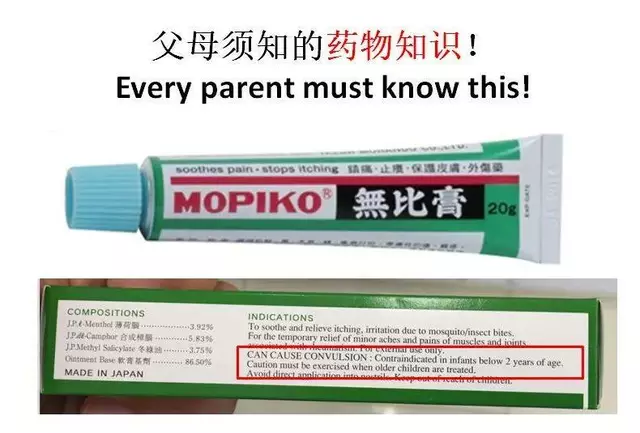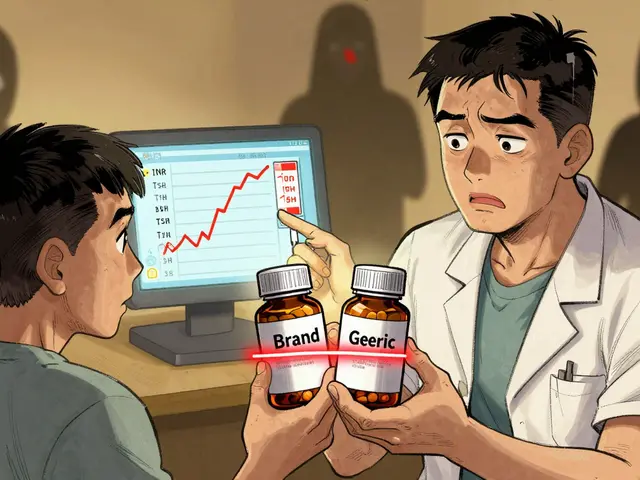Tetanus Explained – What You Need to Know
Ever wondered why a cut can turn into something serious? Tetanus is the reason. It’s a bacterial infection that attacks nerves and makes muscles lock up. The culprit lives in soil, dust and animal waste, so even a tiny puncture can let it in.
How Tetanus Shows Up
The first clues usually pop up 3‑21 days after the injury. Look for a stiff neck, trouble swallowing or a painful jaw that won’t open – the classic "lockjaw." Muscles may start to cramp, especially in the face and abdomen, and you might feel a general sense of weakness.
If you notice these signs, call a doctor fast. The infection spreads quickly, and early treatment can keep it from getting life‑threatening.
Fast Treatment Steps
The main goal is to stop the toxin from hurting nerves. Doctors give an antitoxin called tetanus immune globulin (TIG) through a shot or IV. This neutralizes any toxin already in your body. At the same time, you’ll get antibiotics – usually metronidazole – to kill the bacteria.
Because muscle spasms can be painful, doctors may add muscle relaxants or sedatives to help you breathe easier. In severe cases, patients stay in a hospital’s intensive care unit for close monitoring.
Preventing Tetanus the Easy Way
The smartest move is staying up‑to‑date on your tetanus vaccine. The routine series starts when you’re an infant and includes boosters every 10 years. If you get a dirty wound and it’s been more than five years since your last shot, you’ll need a booster right away.
Good wound care also cuts the risk. Wash the area with soap and running water as soon as possible. Remove any visible debris, apply an antiseptic and cover the cut with a clean bandage. If the injury is deep, puncture‑type or caused by rusty metal, see a health professional even if you think it’s minor.
People with certain conditions – like diabetes, poor circulation or weakened immune systems – should be extra careful. Their bodies don’t fight infections as well, so a small cut can become big trouble fast.
What to Do If You’re Unsure
If you’re not sure whether your vaccine is current, check your health records or ask your doctor. Most pharmacies can give you a booster on the spot.
And remember, tetanus isn’t something you catch from another person. It’s all about the bacteria finding its way into a wound.
Bottom line: clean cuts right away, keep vaccinations up‑to‑date, and don’t ignore jaw stiffness or muscle cramps after an injury. Those simple steps protect you from a disease that’s completely preventable.

Tetanus in the Workplace: How Employers Can Protect Their Staff
As a blogger, I always strive to share vital information with my readers. Today, I want to discuss the importance of preventing tetanus in the workplace. Employers play a crucial role in protecting their staff by ensuring a clean and safe environment, providing proper training on handling sharp objects, and encouraging tetanus vaccinations. By taking these preventive measures, we can significantly reduce the risk of tetanus infections and create a healthier workspace for everyone. Let's work together to raise awareness and promote a safe work environment!
Detail




